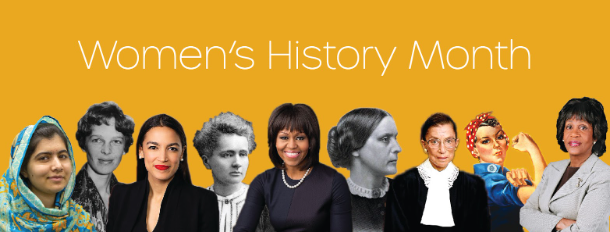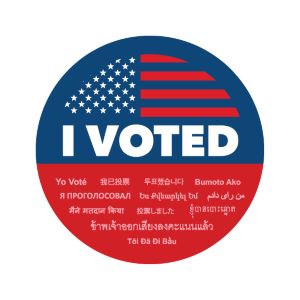Well known for its diversity, the United States is a country filled with diverse cultures, where people from all the different parts of the world come for better opportunities and living conditions. With great opportunities in the U.S. come great difficulties such as the significant language barriers and inadequate voting education, contributing to an underrepresentation of non-English speaking residents.
Limited access to the information of the voting processes, including the registration steps and locations of the ballot drop box, lead to a discouragement in voter participation in various communities. BoBo Lee, an immigrant mom who has been living in the United States for almost a decade, stated “it is too hard to vote because [her] English is no[t] good.” This shows that non-English speakers might refrain from voting because of the difficulty in understanding the voting process.
The Voting Rights Act of 1975 had been ratified and passed, aiming to increase voter participation for the non-English speaking population. Section 203 of the Act successfully achieved the elimination of “the exclusion of citizens of language minorities from participating in the electoral process” (USAFACTS). Most importantly, Section 203 requires that certain jurisdictions provide bilingual voting materials and assistance in areas where the majority of their members are from a language minority group. The common groups who are protected by Section 203 are Hispanic, Chinese, Taiwanese, Vietnamese, Choctaw, Navajo, and Filipino. Although the Biden administration made changes to the Census in March 2024, which will include Middle Eastern or North African, the changes would not do much to help Section 203 because people who belong in this new category must also be a part of a language minority group. Section 203 is important because it encourages non-English speakers to vote.
With the goal of Section 203 to protect all eligible voters—disregarding the ability to speak fluent English—to have the opportunity to vote freely, it is hopeful that Section 203 could continue to break down barriers that non-English speakers encounter during the voting process. To make Section 203 more effective, it is important that citizens—especially non-English speakers—learn that their voting rights are secured and promoted.


























